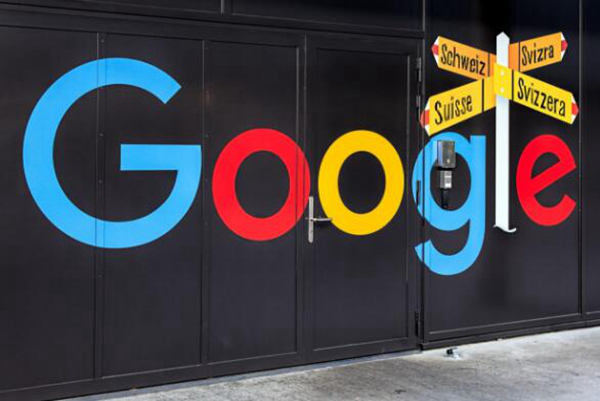Recently, online education company Chegg filed a lawsuit in the U.S. District Court for the District of Columbia, accusing tech giant Google of harming Chegg's traffic and revenue through its AI-powered search result summaries. Chegg's complaint alleges that Google's actions constitute unfair competition, including reciprocal dealing, maintenance of monopoly, and unjust enrichment.

Chegg claims Google coerces companies into providing content to gain visibility in Google search. This practice is viewed as Google abusing its monopolistic position in search to profit from the intellectual property of third parties. Chegg is seeking compensatory damages and other relief in the lawsuit, and is also pursuing an injunction against Google's allegedly "illegal and unfair" practices.
Chegg is not the first publisher to express dissatisfaction with Google's AI search functionality. A growing number of news organizations have stated that their website traffic has been negatively impacted by Google's use of AI summaries in search results. These summaries answer user queries by pulling information from across the web, causing concern for many companies reliant on search engine traffic.
Currently, Chegg's lawsuit has garnered significant public attention, highlighting the ongoing tension between platforms and content providers in the digital economy. Google has yet to respond, and the media awaits further comment.
Key Points:
📉 Chegg sues Google, alleging its AI search summaries are harming traffic and revenue.
⚖️ Chegg accuses Google of unfair competition, seeking damages and an injunction.
📰 Multiple news organizations also express dissatisfaction with Google's AI summaries, citing negative impacts on website traffic.









